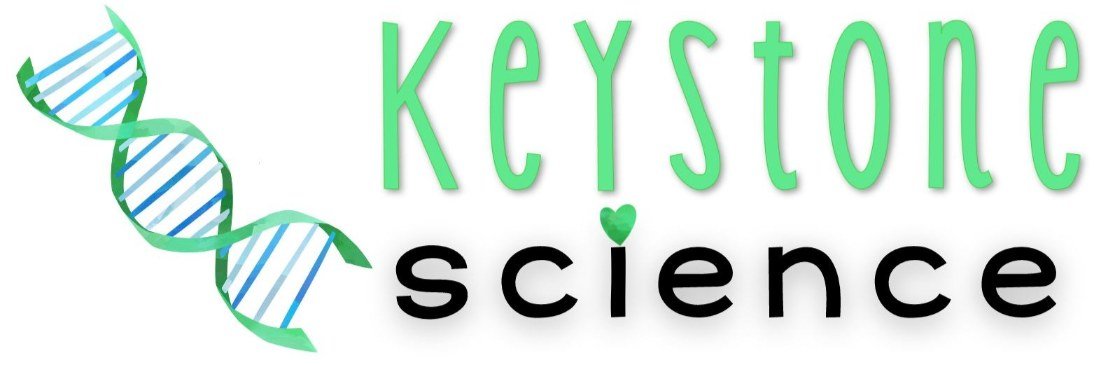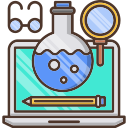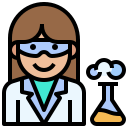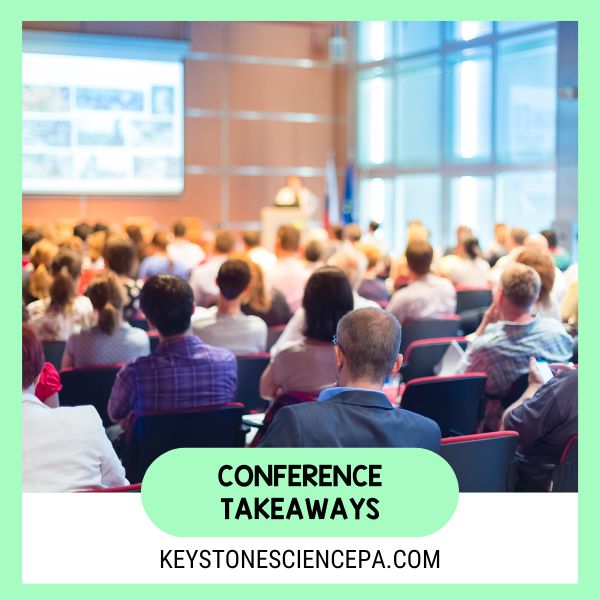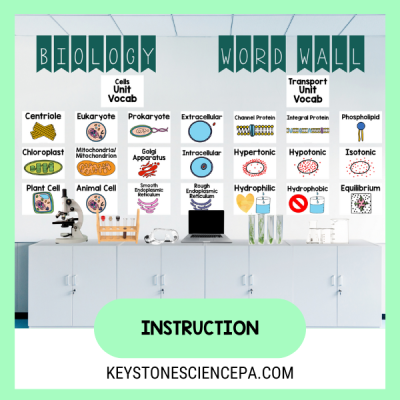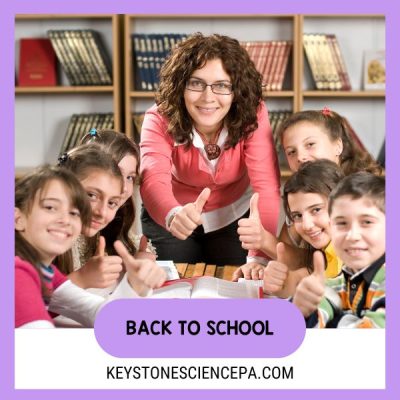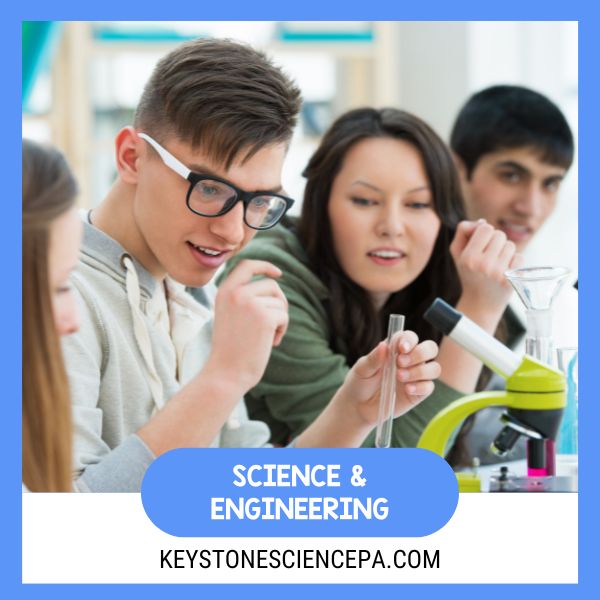I just got back from my FIRST PA Science Teacher Association Conference. I know, what took so long?! I have no idea, but I have been completely re-energized as a science teacher with the newly adopted science standards in Pennsylvania. They’re basically NGSS with some minor tweaks. I was also ECSTATIC to have the opportunity to present at the conference this year on how I’ve changed my science classroom to be more student-led and inquiry-based (more to come 🙌🏻🎉).
Even if you are not from PA please keep reading! This post is full of AMAZING content and important takeaways that you can implement in your classroom, school, or district RIGHT NOW! Keep reading for more….
The PA Science Teacher Association Conference theme this year was “The Wonder of Science”. The sessions emphasized the awe and curiosity science can inspire in humans, but specifically our students in our classrooms. The sessions I attended had a recurring theme of the magic of scientific exploration and the importance of fostering that wonder in our students. Many sessions were geared towards STEELS (the PA version of NGSS) and tangentially the idea that students should “Explore Before Explain”; this approach encourages students to “play” and explore a phenomenon in their life before being introduced to to the scientific content, vocabulary, and concepts that govern the phenomena.
Recurring Themes from the PA Science Teacher Association Conference
The first thread that was recurring in many of the sessions was “Explore Before Explain”. The idea behind this approach is that it stimulates curiosity, increases critical thinking, and leads to a deeper understanding of scientific principles. By allowing students to explore and grapple with concepts independently, they are more likely to develop a genuine interest in the subject matter. This process not only makes learning more engaging but also encourages students to ask questions, collaborate, and develop problem-solving skills. Ultimately, “explore before explain” empowers students to take ownership of their learning and become active participants in the scientific journey, leading to more profound and lasting knowledge.
The second theme that emerged was “Skills Before Content”. This strategy is a transformative shift from traditional high school classroom models. Rather than front-loading students with content, this approach prioritizes the development of essential skills first. In the context of STEELS and NGSS standards, this means emphasizing science and engineering practices and crosscutting concepts before diving deep into specific content areas. It allows students to build a robust foundation of inquiry, critical thinking, and problem-solving skills, which are the very essence of these modern standards. By mastering these skills, students are better equipped to explore and understand the content deeply and meaningfully, fostering a more student-centered and inquiry-based science classroom. In essence, “Skills Before Content” represents a pedagogical shift that aligns seamlessly with the goals and principles of STEELS and NGSS, ultimately preparing students to be proficient and curious scientific thinkers.
Resources for Educators
There were SO MANY resources shared at the PA Science Teacher Association Conference (most of them FREE 🤑) and it would be a huge disservice if I did not share them with you. They are organized by discipline or relevance. A lot of them are biology/life science-based because that is my first love and I prioritized those sessions, BUT there are many other resources that any science teacher could use.
Literacy Resources
- Diffit AI to instantly differentiate and change reading level of text. Also can generate text given a topic and includes comprehension questions.
- Simple Writer helps you identify high-level words in definitions to simplify content delivery to meet students where they are.
Modeling Resources
- Skyview Lite App. Locate stars, planets, and find constellations in the sky.
- Tuva Labs Data Literacy and Graphing Skills. From their website: Tuva Labs “enable[s] students to easily explore, manipulate, and analyze data. Students drag and drop attributes into the plotting area to create a variety of graphs, including dot and scatter plots, line graphs, pie graphs, bar charts, histograms, box plots, and maps. They can visualize data in different ways to look for patterns and analyze data using mathematical modeling and statistics features.”
Ecology Resources
- Planet Bee Foundation has K-8 resources for using bees as a phenomena to address many standards. They have a free seed ball kit you can apply for and receive for your classroom and student worksheets to learn about bee anatomy, colony hierarchy, and their life cycle.
Evolution Resources
- Teacher Institute for Evolutionary Science (TIES) has amazing resources to support educators teaching evolution. From their website: “The Teacher Institute for Evolutionary Science provides middle school and elementary teachers the tools they need to effectively teach evolution and answer its critics based on new Next Generation Science Standards.”
Other
- Science Saves (Multi-Disciplinary Resources with Science Connections). From their website: Science Saves is a “nonpartisan effort to promote science appreciation by highlighting the many ways science has unleashed human potential, transformed our lives, and given us the tools to overcome all manner of challenges.”
- Generation Skeptics. From their website: “The Generation Skeptics program aims to develop and foster an understanding of the world through inquiry-based learning. We provide material to complement and enhance existing science and educational programs.”
- Thinking is Power (TIP) has freely available resources to get students thinking critically about the deluge of (mis)information they encounter countless times a day. From the website: “Thinking Is Power (TIP) is based on a general-education science course designed to teach students critical thinking, information literacy, and science literacy skills.”
Curriculum Resources (cost required!)
- 3D Molecular Structures create modeling kits for purchase or they have a lending library! Modeling kits are protein-based and include water molecule modeling, DNA replication, protein synthesis, protein folding, and amino acid properties.
- Visible Body is website or app-based visualization models for the human body, cells, and other life science concepts. Can be integrated with your LMS for easy grading and tracking progress! They have some free resources you should check out; some of their online models are freely available and can even be used as AR!
